We open the conversation by asking Mike to talk about the decision to run for this office and the experiences he brings to office. He first highlights his personal business acumen and then expands that a belief in the understanding for (and necessity of) compromise among responsible office holders and candidates should be a bedrock of any administration.
We move the discussion to entrenched politics and how the existence of so many uncontested races emboldens false understandings of the role of government and its political expressions in community.
Jordan asks if Mike has any “opening goals” for a potential first term and how the different nature / style of Township governance might play a role in that. Mike talks about the necessity of collaborating between these organizations and a call for more robust participation along general lines.
Jordan continues and asks how these townships - which are all neighboring and expanding and contracting at different rates - tend to navigate those issues and what some of the central concerns going forward will be. Mike’s response takes in the more mundane but critical road maintenance functions and other infrastructure aspects and the more nebulous nature of future potential and commercial growth.
The term “responsible” and the vague nature of the term as deployed as well as other simplifications like “reasonable” or “neighborly” has Jordan ask at the Township level where Mike would start to build the equation (decision making points or choices) for what is the right kind of development from the candidate’s point of view.
Mike’s response indicates that the incongruity between the nature of a high-end single family development abutting a series of five story apartment buildings creates frustrations for residents based on aesthetics, values, and expectations. Jordan responds that the five story apartment dwellers obscenely over paying rents are just as likely to be frustrated because - at the end of the day - the money going out monthly to put the roof over their heads is too similar and they are getting no closer to owning a single family home or any other housing.
Mike and Jordan agree and discuss that both sets of residents deserve equal consideration and Jordan asks Mike to expand on the commercial side of development which gets us into Darby Accord considerations surrounding all forms of growth and how to define “success” in this arena.
Mike talks synthesis and the need for more tie-in to city systems in order to create an infrastructure that will support whatever kind of development arrives and whatever development successfully emerges from the township vetting process. Mike then pivots to how he believes Hilliard is currently being “run through” by Columbus development which is locating housing and other infrastructure within Hilliard School District and suburban boundaries and this has not been checked by existing policy.
Jordan asks Mike to talk about how he would balance property owners and developers desires to use their rights and priority in the existing system.
Jordan asks if Mike likes the campaign slate’s choice to use language like “Save Hilliard” when it’s clear, throughout this entire series of interviews, that everybody pursuing office is campaigning to save Hilliard in some fashion. He asks, in Mike’s conception, what makes someone a responsible decision maker for the cause of saving Hilliard?
Mike suggests more compromise is possible through a series of community conversations and a broader consensus seeking that isn’t done right now. This could be achieved through a variety of expanded meetings, information sharing, and real time open dialogue with residents. The group then discusses some of the ways that might be done.
Kevin asks for the vision to engage voters and residents at this large scale township level in ongoing community discussions. Mike advocates for simpler methods of wide distribution and engagement that understands the demographics of the area and their desire for connection and the discussion that should follow. The group then discusses the shortfalls of present engagement at all levels and the insufficiency of commercial social media in presenting these issues. A potential deployment of resources to create a built to purpose government administered solution for this problem is also mentioned.
Jordan then asks how Townships and Brown in particular view the state of regional transit and what some of his priorities would be regarding those responsibilities. Mike’s priority would be preserving and upgrading infrastructure and by completing an assessment of needs and timetables for necessary change - seeking collaboration with other governmental bodies to get these changes done together.
One of the long-running issues these interviews have brought forward is the ongoing contract negotiation around the fire and emergency services contract that in some ways is the perfect illustration of the necessity for collaboration between township, city, and service providers.
Kevin provides the existing relational context and it’s one of the more granular, material issues concerning the immediate needs of residents. We get Mike’s full thoughts on this issue starting at just around the thirty minute mark of the show.
This issue has a particularly long tail - as evidenced by this 2014 Columbus Dispatch piece describing much the same organizational / cost structure struggle as exists now.
Brown Township Discusses Alternatives to Fire Levy
Mike wraps up the conversation with his general philosophy for business, government and consensus seeking and what that process should routinely deliver.


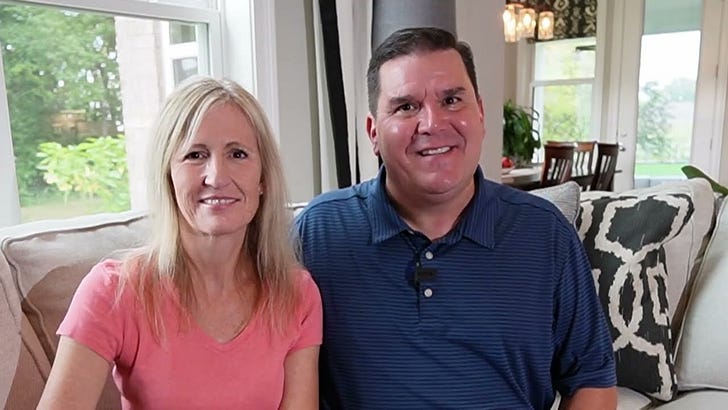



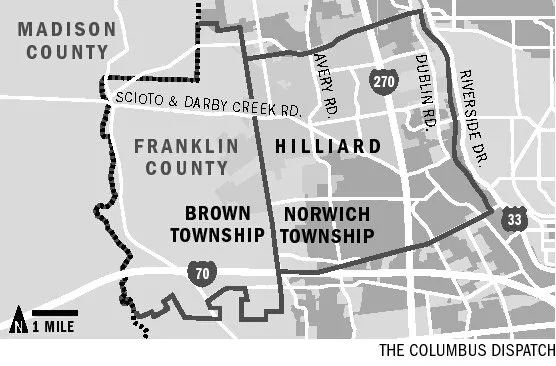




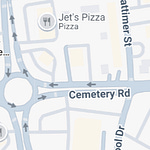


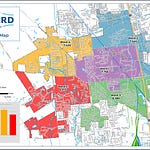
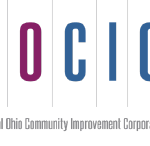

Share this post